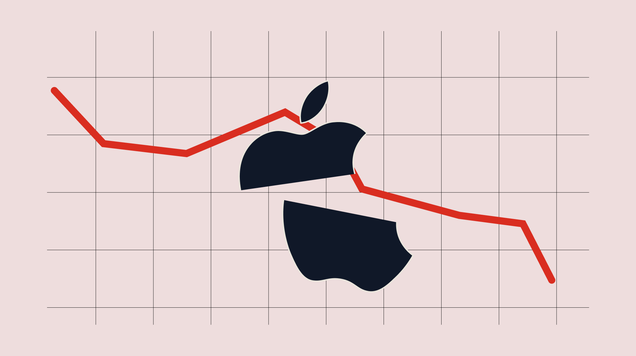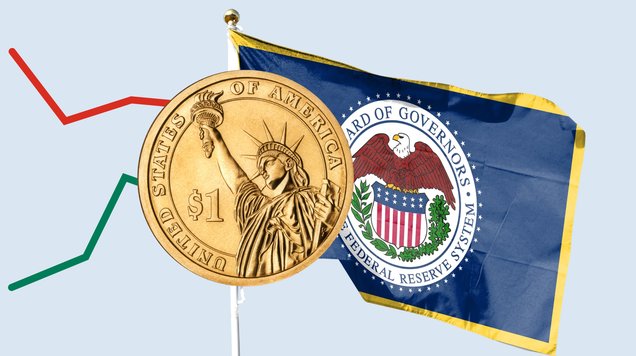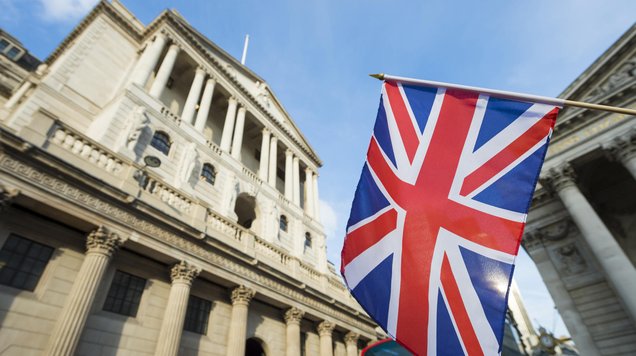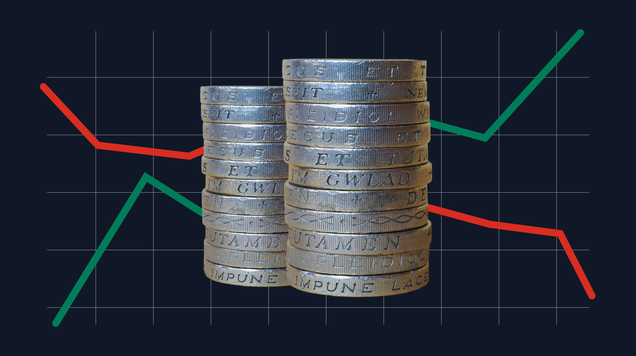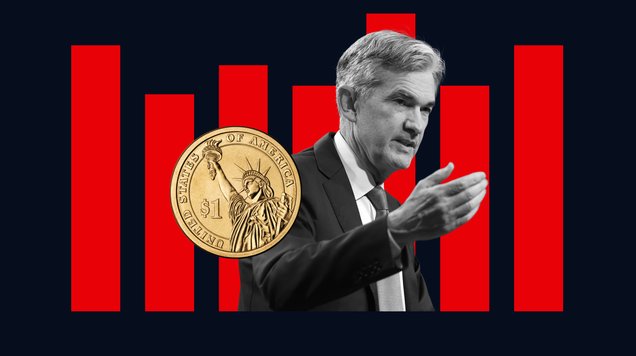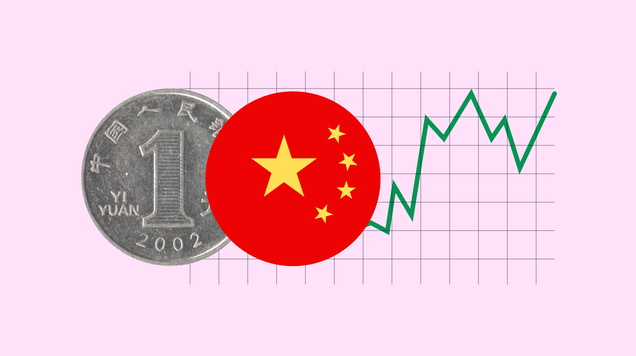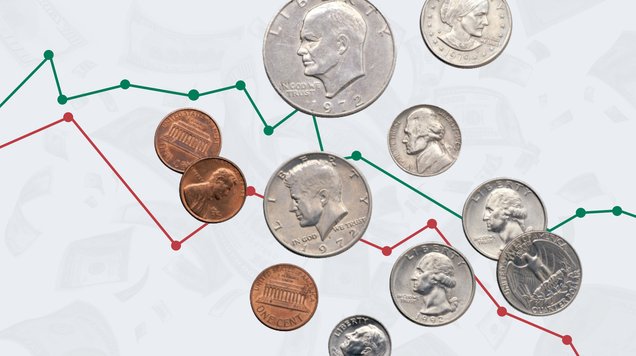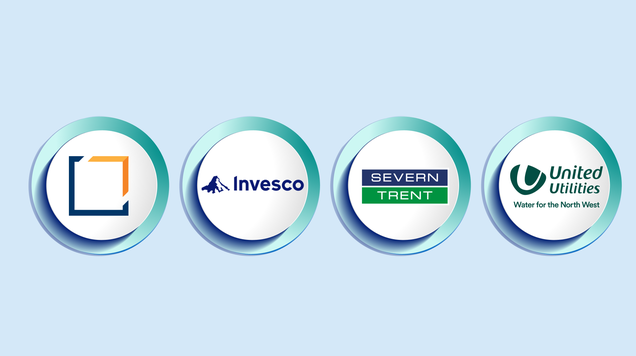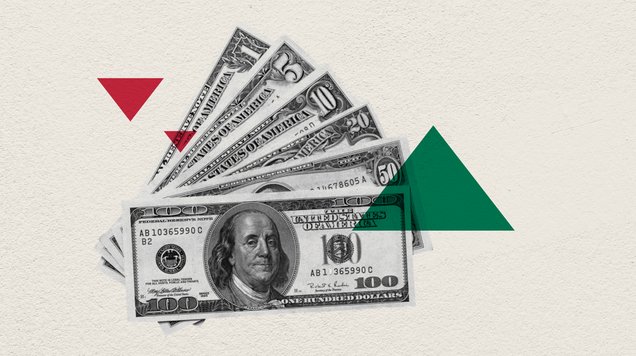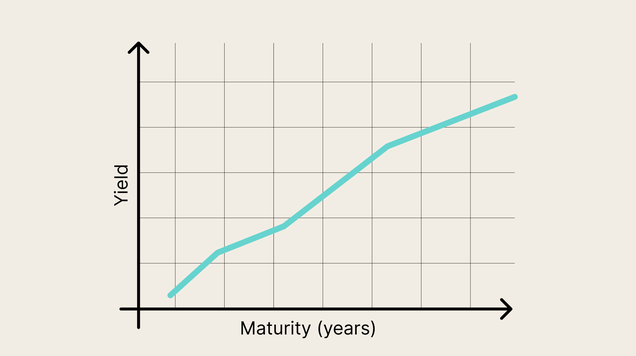Forex vs commodities: Choosing the right market in 2025
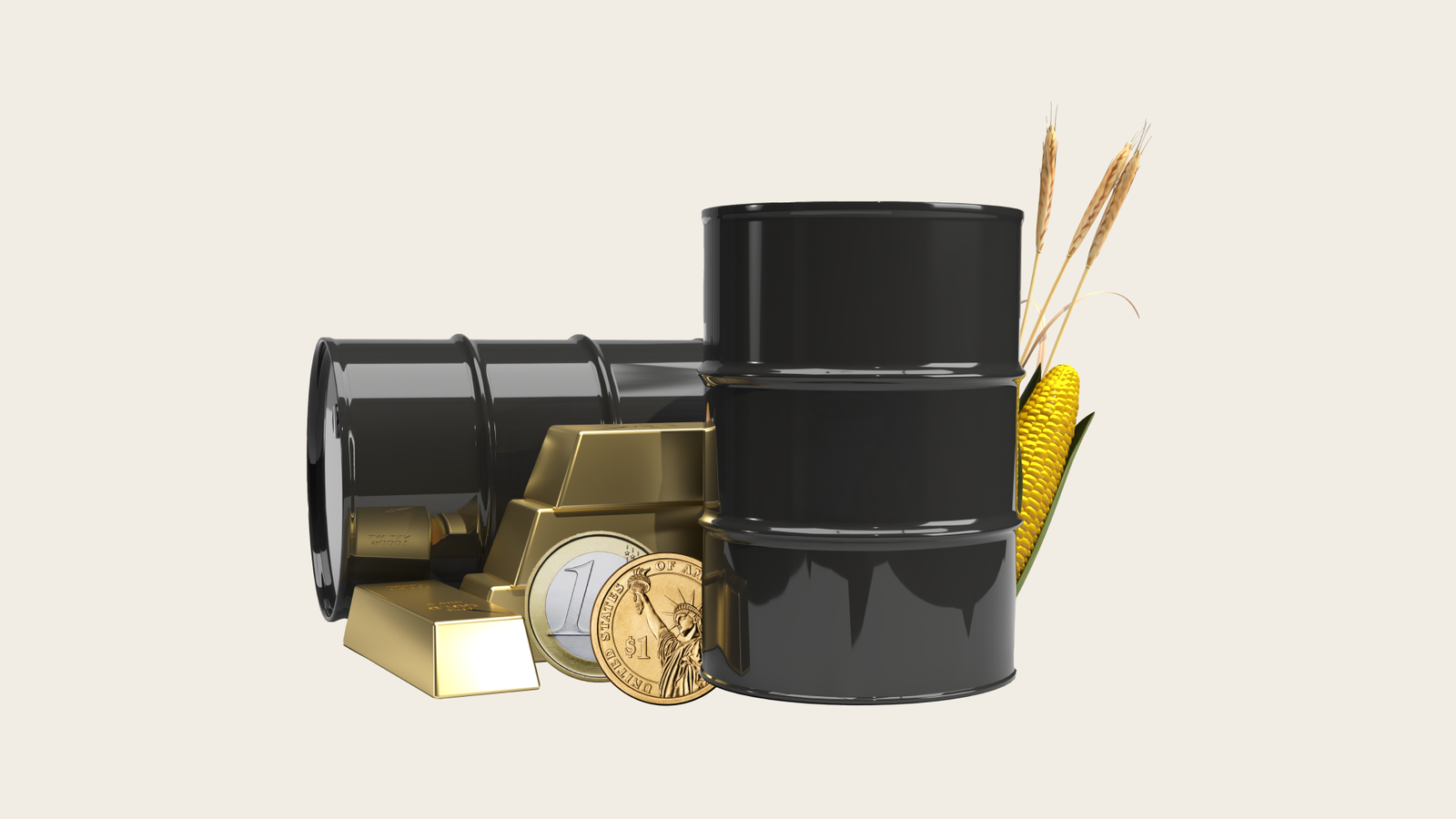
Market conditions are shifting. Uncertainty about U.S. policies and global economic trends is pushing traders from bullish to more cautious positions in forex and commodities.
Forex trading offers liquidity and lower capital requirements, making it attractive for short-term opportunities. However, due to volatility and sensitivity to global events, it demands solid risk management.
Commodities trading can diversify portfolio, but supply and demand, and geopolitical events make it a highly volatile investment.
The ideal investment choices will depend on individual goals and appetite for risk.
Market players are rethinking their positions across the forex and commodities markets. Many began by taking long positions or were bullish on certain assets. However, Trump’s tariff strategies have created uncertainty (still leaving many confused), causing market players to go from confident to cautious.
It makes sense to weigh which market offers greater risk management and opportunities for returns in the current climate: forex vs commodities.
What is the current climate favouring?
Is It Better to Trade Forex or Commodities Now?
First, let’s take a look at the global economic outlook so far.
Global growth is projected to weaken to about 2.5% by the fourth quarter of 2025. Central banks, with the exception of the U.S., could slash interest rates in response to lower growth. Inflation will slow down in many countries, except, once again, the U.S.
These, and other events, are prompting investor and trader moves that indicate concern for increased market volatility in commodities and reflect global reactions to U.S. leadership in forex.
What specific moves are investors and traders making?
Towards the beginning of March 2025, forex traders (mostly speculators) had been selling U.S. dollars for seven consecutive weeks, shrinking the dollar long versus eight IMM futures by 37% to US$ 9.6 billion. Buyers, instead, have been focusing on three other currencies: JPY, GBP and EUR/USD.
Meanwhile, in commodities trading, more selling occurred across all sectors, with agriculture leading, particularly in the soy and grains sector. Despite continued price growth, more traders have been buying copper and gold. As a response to rising volatility in the market, these moves indicate a lower risk appetite.
The better market depends on your appetite for risk, trading goals, and capital.
Let’s take a deeper look at each market.
Forex Trading
If you’re new to this, you might be researching ‘what is forex trading and how does it work’.
Forex, or foreign exchange, facilitates the buying and selling of currencies across the globe. Unlike the stock market, forex has no central marketplace. Trading is done electronically, through networks that connect traders everywhere. This is why forex trading happens 24 hours a day, five days a week.
Trading day starts in the Asia-Pacific region, then moves to Europe’s major financial centres, and ends in North America. You’ll be competing with institutional traders (e.g., banks, hedge funds, and financial institutions) and other retail traders.
The goal of every forex trade is to anticipate and profit from changes in currency values. If you think that the U.S. dollar will strengthen against the Japanese yen, then you buy the dollar and sell the yen. Your goal would be to sell the dollar later at a higher price. In a nutshell, this is what forex trading is about.
Institutional investors, however, will also trade currencies to hedge against fluctuations in the exchange rate. Companies operating internationally may practise forex hedging to lock in exchange rates and minimise potential losses or increase gains.
Some of the advantages of forex trading:
- It’s highly liquid.
- It’s easy enough to capitalise on short-term price movements.
- Transaction costs are more affordable than commodity trading.
- You can hold a position without a significant amount of money.
Some of its disadvantages include:
- Require solid risk management, as the market is highly volatile.
- Currencies are highly dependent on world events, so adverse changes could cause massive losses.
To start trading forex, create a strategy that aligns with your risk tolerance and trading style. Next, open an account with a reputable brokerage that offers user-friendly online trading tools.
Start small to manage your risk, and keep up with geopolitical events to keep track of your holdings.
Commodities Trading
What is commodities trading? It’s the buying and selling of basic raw materials in the global market.
Commodities are classified into four categories:
- Metal (e.g., copper, gold, zinc, etc.)
- Energy (e.g., natural gas, crude oil, heating oil, etc.)
- Livestock and meat (e.g., beef, lamb, chicken, etc.)
- Agricultural products (e.g., corn, soybeans, coffee, etc.)
Trading happens at commodity exchanges, such as the Tokyo Commodity Exchange, New York Mercantile Exchange (the world's largest physical commodity futures exchange) and The Commodity Exchange (the largest futures and options trading for metals).
Under spot trading, commodities can be delivered immediately or for conveyance under a futures contract. When you buy or sell a commodity at a set price for a future date, it’s a futures contract. You’re speculating on the future price without owning the asset.
Some of the advantages of commodities trading:
- Allows you to diversify your portfolio.
- More manageable tracking for commodities with seasonal patterns.
- Some assets (e.g., gold) are useful for hedging against volatility.
- Potential for high returns with the right assets.
Some of its disadvantages include:
- Highly volatile with supply and demand, geopolitical events, and changes in weather patterns affecting prices.
- Potential for significant losses.
- Higher capital requirement compared to trading forex.
How the U.S. dollar performs tends to affect commodity performance as well because most goods are priced in U.S. dollars.
If the dollar is strong, commodity prices could be expensive for businesses using other currencies. This could weaken demand and lower prices for the commodity. If the U.S. currency trades sideways (i.e., stays flat), commodity performance could be better.
Choosing Between Forex vs Commodities in 2025
In the battle between forex vs commodities, the clear winner is the one that aligns with your trading strategy, risk tolerance, and investment goals.
In terms of capital and liquidity, trading forex might be the better choice. When it comes to long-term investments and high returns, trading commodities might be a better fit.
Whether you’re leaning towards currencies or goods, the bottom line is be prepared to master either market. Enter markets with confidence by using the best trading platform. Adapt to volatility. Stay informed.
When you’re ready, sign up for a free demo with Equiti.
